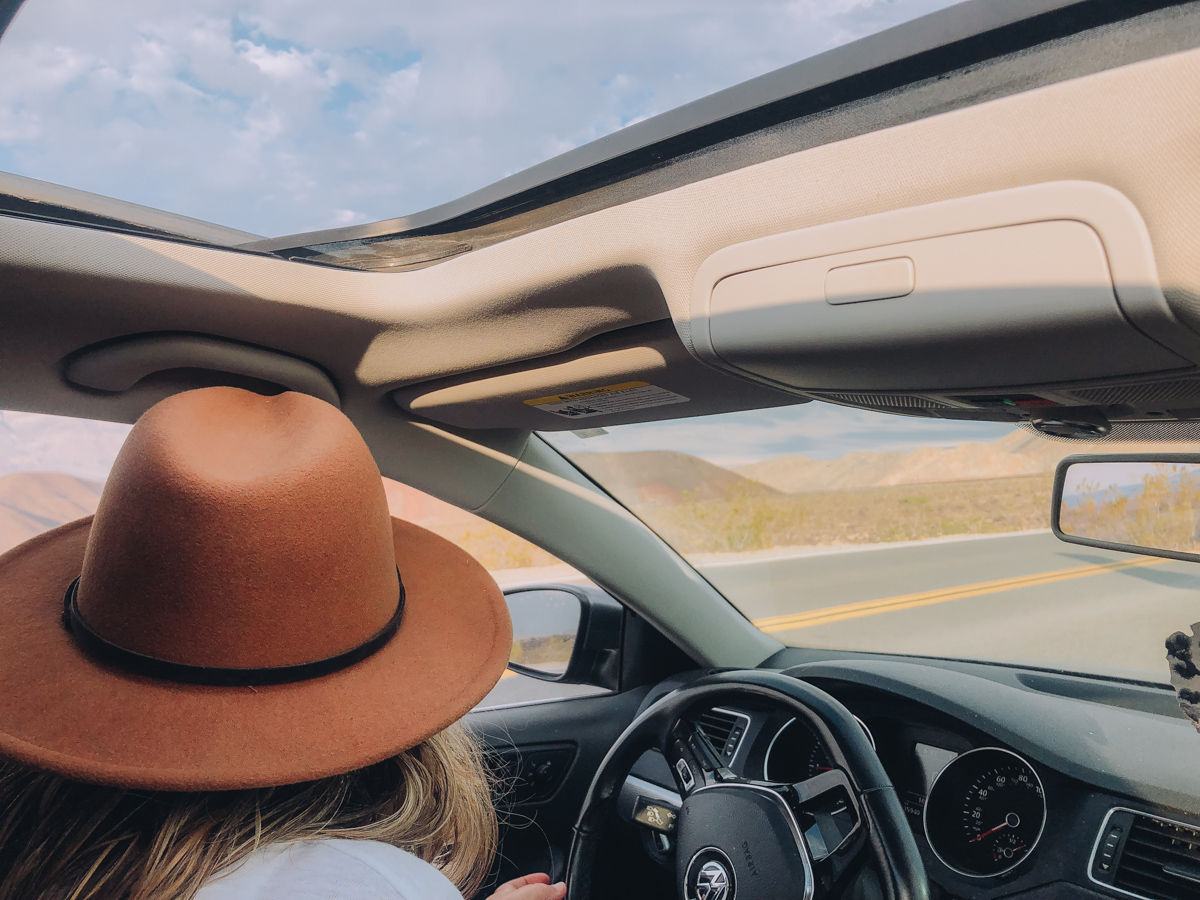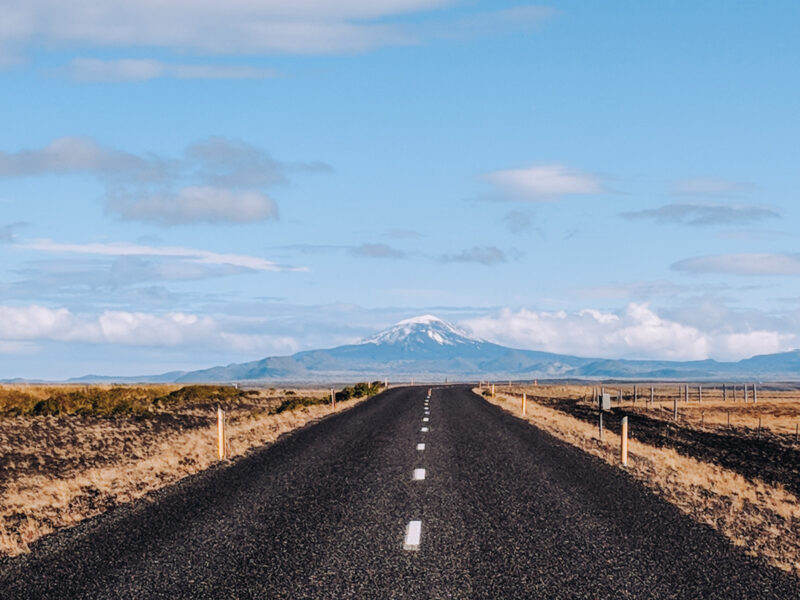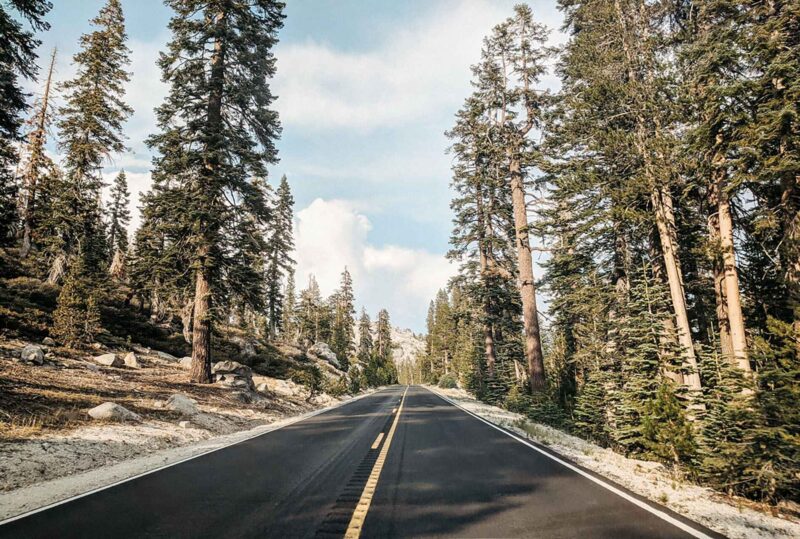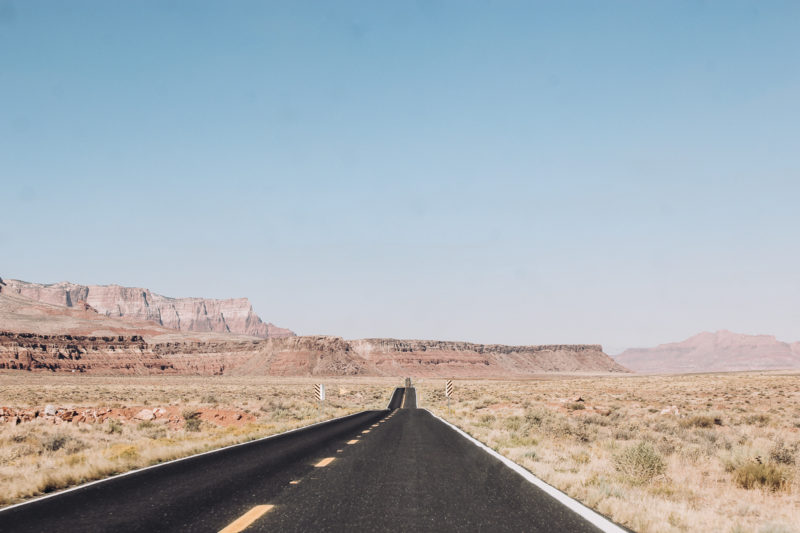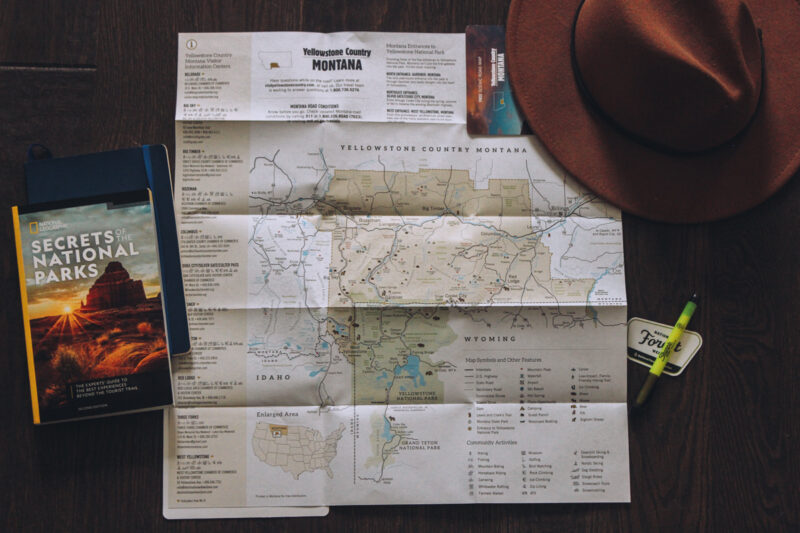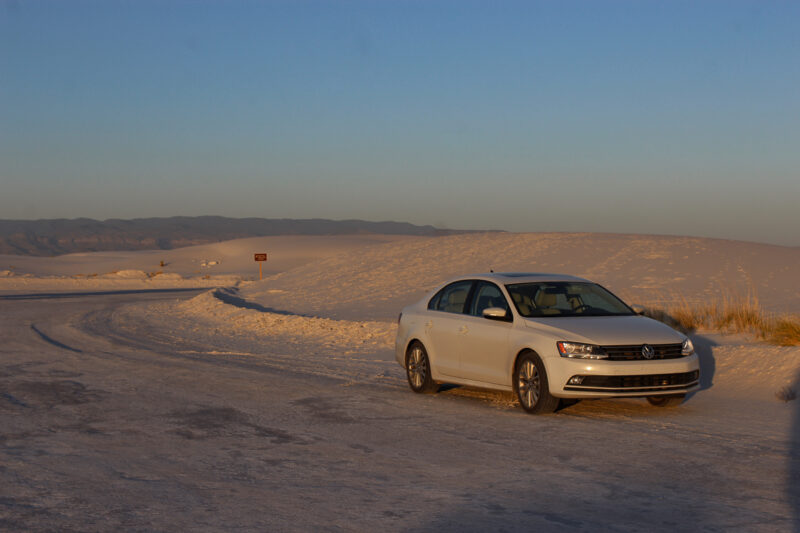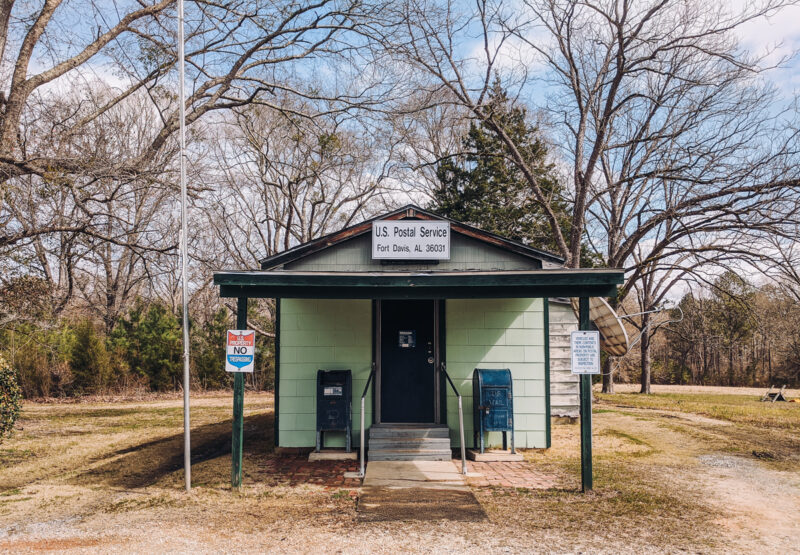15 Mistakes on a Road Trip You Don’t Want to Make
Taking a road trip is one of the most unforgettable experiences there is. The memories you’ll make will last a life time. However, if you want them to be good memories, then you have to be prepared. The potential for problems on even the most well-planned road trips is always there and before you know it, something that’s supposed to be fun turns turns problematic.
In this article, we’ll take a a look at some of the most common mistakes on a road trip that could possibly turn into bigger issues. But we’ll find solutions to avoid these problems before they start so whether you’re a veteran road tripper or a first-timer, your road trip will be incident free.
This article contains affiliate links. That means I may receive a commission, at no extra cost to you, if you book or buy something from a link I provide. This keeps Southerner Says online and on the road. Thank you for your support.
Mistakes on a Road Trip
If you haven’t guessed yet, I love road trips! I’ve logged over 100k miles of solo road trips and even more miles with friends and family. My road trips haven’t always been without mistakes but I constantly try to learn from them and change my way of doing things.
Any problem on the road can seem huge. Problems are bad enough at home but being away in a unfamiliar area makes things seem so much worse. When you’re out of your comfort zone, even the smallest thing that happens can be overwhelming.
That’s why it’s important to anticipate the many challenges of road trip travel. It doesn’t mean you can’t be spontaneous or have fun. It just means some advance planning and having a few contingency measures in place to ensure a smooth journey.
This list contains a few of the most common mistakes on a road trip that could cause problems and how to avoid them.
1. Not Checking Your Vehicle Before the Road Trip
Not checking your vehicle before you head out is one of the biggest mistakes on a road trip. Servicing and inspecting your vehicle is critical because it ensures that your car is in good condition and can handle the demands of a long journey.
Road trips often involve driving for long hours, through varying terrain and weather conditions. It’s essential to make sure that your vehicle is up to the task. Checking your vehicle before your road trip can help you find simple problems that could turn into major obstacles while traveling.
Things such as low tire pressure, warning lights or a malfunctioning battery should be taken care of at home to prevent breakdowns and avoid costly and time consuming repairs on the road. Most repair shops will perform free inspections.
It’s also a good idea to have a few tools with you on the road. A tire gauge, fix-a-flat, a jumpbox that has the capability to start a vehicle plus, air up a tire and a safety hammer and seat belt cutter that hopefully you will never need will, all come in handy in a pinch.
2. Forgetting to Pack Essential Items
We’ve all done it. Packed our bags and left something at home. That one time you left your camera charging cord at home and have no photos of your 9 year old in Guadalajara will haunt you forever.
The good news is that most times, if you forget something simple on a road trip, you can usually replace it. Grocery stores and drug stores can be found just about anywhere and even the smallest town generally has a Walmart.
However, if you rely on important specific supplies – like that camera cord – you might be out of luck. That’s why you need to take utmost care if you need specialty items like food, supplies for necessary equipment like c-pap machines and prescription medications.
All of these things are not so easily replaced. Not to mention the time it takes away from your road trip to locate them. To avoid this road trip mistake, use a packing list. That way you can check items off and not forget anything important.
3. Driving Faster Than the Speed Limit
Looking in the rearview and seeing flashing blue lights is undoubtedly an unwelcome sight during a road trip. For that reason, it’s important to be mindful of speed regulations and avoid excessive speeding. Especially in small towns, school zones and construction areas.
And while I don’t want to entertain the thought that law enforcement specifically targets travelers, I live near a busy interstate where I often see out-of-state vehicles being pulled over. Whether or not that’s the case, it’s best just not to give them a reason to stop you by always paying attention and driving the speed limit.
In unfamiliar surroundings, and conditions that differ from those in your hometown, it’s more important than ever that you don’t get distracted, take note of your surroundings and drive the speed limit. If you have a difficult time maintaining a constant speed, then learn how to use your cruise control.
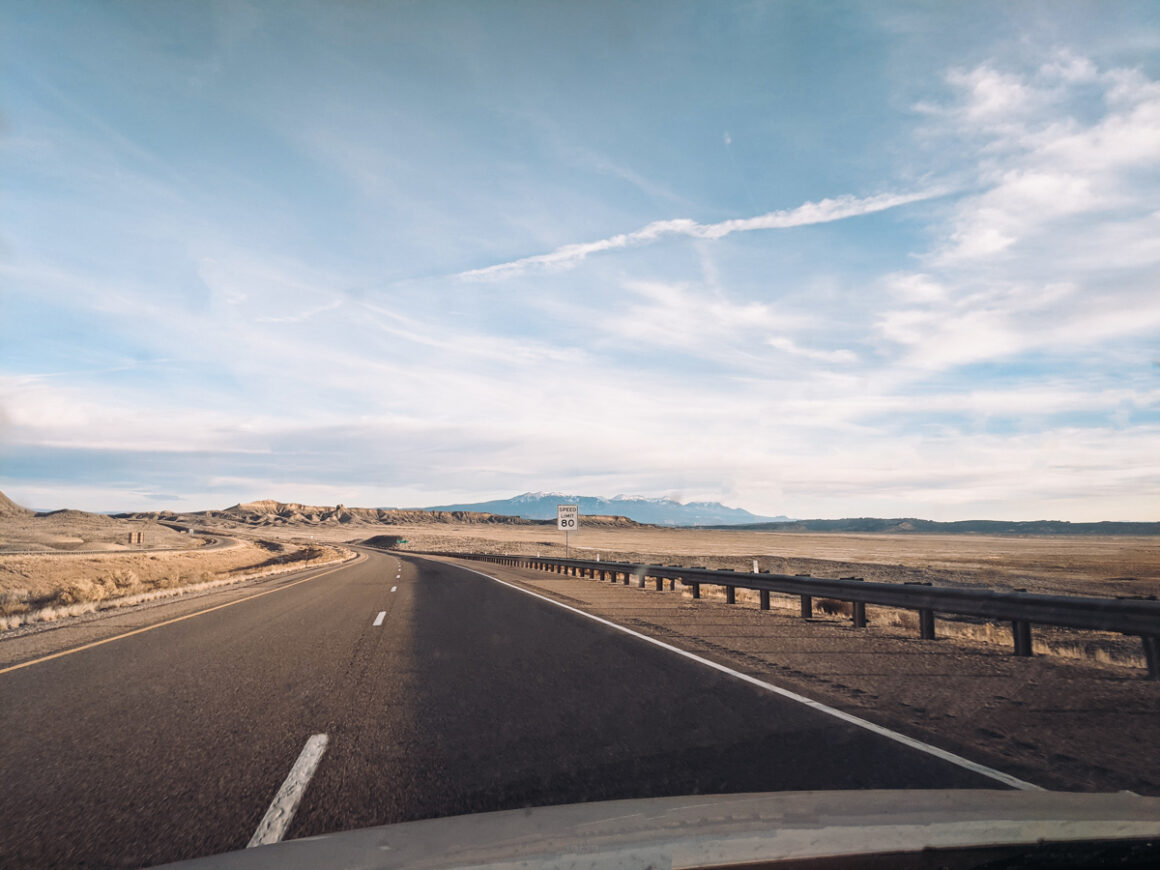
4. Not Having Important Paperwork is a Mistake on a Road Trip
Heaven forbid you do get stopped by the police on a road trip, one of the first things they’ll ask for are drivers license, registration and insurance. Do you have all that with you?
For sure you probably have your drivers license in your wallet but when was the last time your checked to make sure your vehicle registration and up-to-date proof of insurance are in the vehicle? Verifying you have those items on hand can save you a world of headaches.
Nowadays, in many states, you don’t even need a paper copy of your insurance. A digital copy will do just fine. Just make sure you have easy access to it before you have to.
5. Leaving at the Wrong Time
There used to be a time when leaving work early on Friday was a good idea. Hitting the road after work, you could get a head start on the journey and avoid traffic congestion that often occurs on Saturday and Sunday.
But now, Friday traffic is bad as Saturday and Sunday in some places. There’s nothing worse than getting started only to be stopped by traffic. To avoid that scenario, calculate your route ahead of hitting the road so that you aren’t passing through busy cities or places at the wrong time.
Utilize a map app like Google Maps or Waze even when you are in areas you’re familiar with. That way you’ll know about upcoming traffic and you’ll have a chance to reroute and avoid it altogether.
6. Traveling Without an Extra Car Key
Losing your car key on a road trip can be a frustrating and stressful experience. Especially if you’re far from home. Having an extra key is essential because it provides a backup plan in case you lose or misplace your primary key.
To avoid this mistake on a road trip, give an extra key to your travel companion to hold onto. That way two people have a key. If you are traveling solo, having a backup key hidden somewhere will help you avoid this scenario and save time and money so you don’t have to replace a costly vehicle specific key.
7. Not Fueling Up When You Can
If you’re like me and live in the eastern part of the U.S. you might be used to stopping whenever you want to fill up the gas tank. Gas stations are so plentiful, you probably don’t even put much thought into it.
Depending on where your road trip takes you, that could change drastically. Once you road trip into some areas of the Midwest, the plain states and the more isolated western states, you’ll see that gas stations are fewer and farther between.
Fueling up before it becomes a have-to situation is the only way to go. When I road trip out west, and off the interstate, I never let my tank get much below a half tank. That way I know I have plenty to get me to the next stop.
Additionally, fueling up before it’s a must do situation allows you to avoid stopping in crowded or more expensive locations like national parks or busy, big cities where gas usually costs more.
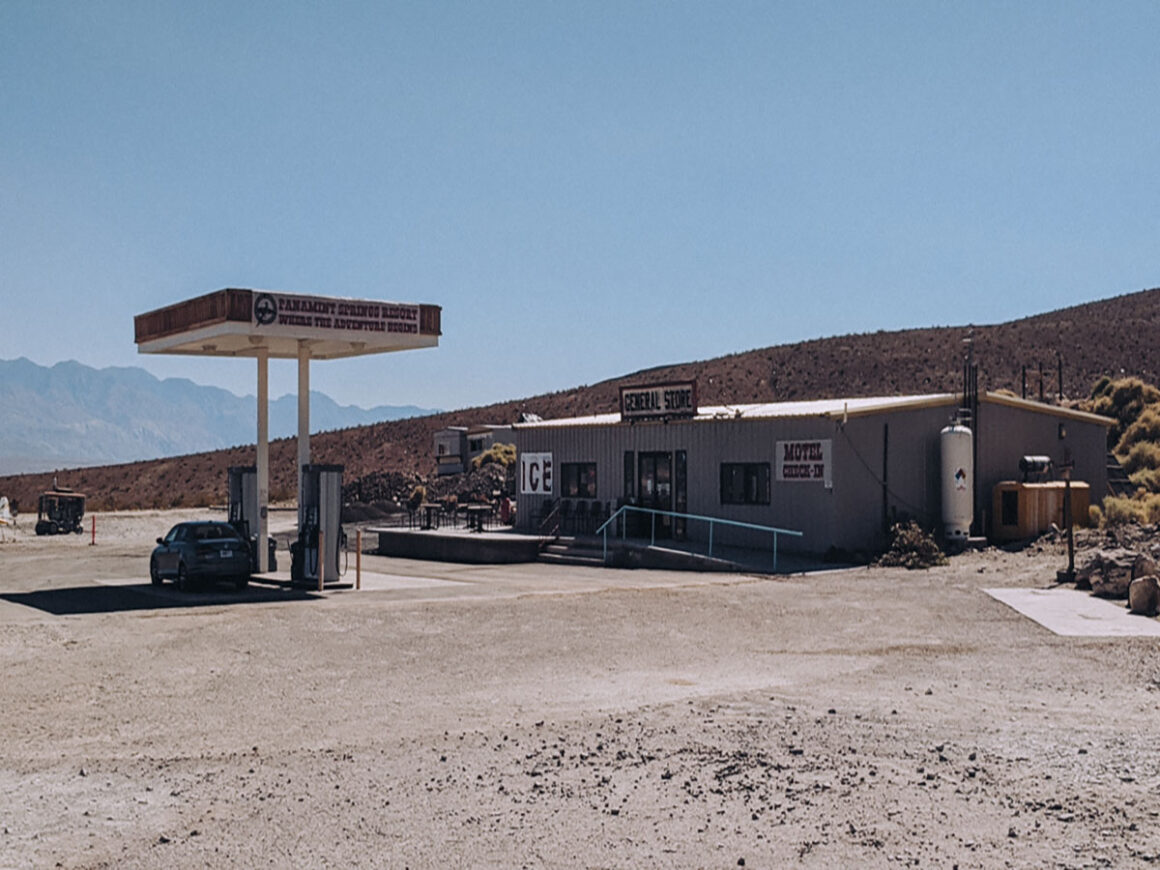
8. Trying to Drive Too Much
When you’re on a road trip and driving long distances, it’s easy to get in the mindset of feeling like you have to drive as much as you can just to get it done. But that’s really no way to road trip. Road trips are meant to be fun and as much as possible, leisurely.
You shouldn’t plan so much driving that you can’t make a few fun stops and schedule a few breaks to stretch your legs.
Even if it’s just a rest area stop, taking a break makes the trip so much more enjoyable. It’s also good for your legs and body to get out of the car every few hours. Some experts even say every two to three hours is best.
Additionally, frequent stops give you the opportunity to explore new places and discover hidden gems along the way. Whether it’s a roadside diner, a scenic overlook, or a charming little town, taking the time to stop and explore can add a whole new dimension of fun to your road trip.
9. Thinking You Don’t Need Travel Insurance
One of the biggest mistakes on a road trip, or with any kind of travel for that matter, is not purchasing travel insurance.
You might tend to think you don’t need it because you have health insurance coverage at home. But did you know that while most medical insurances will cover you when you’re away from home, they might not pay the same?
That’s right. You could be hit with “out of network” coverage. That means physicians and hospitals could potentially cost more and the difference in that cost could be enormous depending on your policy. Before you road trip, check with your insurance company to verify the out of area coverage.
Purchasing a travel insurance policy can help fill in the gaps where your own insurance ends. Some policies even provide things your insurance might not, like emergency evacuation and life flight services. Travel insurance is definitely worth the small price to pay for that added layer of support and protection when you are away from home.
10. Buying Food and Snacks on the Road
One of the things I enjoy most about a road trip is eating. Who doesn’t like trying new things and regional specialties? When it comes to meals on your road trip, you might be thinking, you’ll just pick-up food and snacks on the go.
However, eating out at restaurants or grabbing quick bites and snacks at convenience stores all the time, especially during a long road trip, can get expensive.
By packing your own snacks, and a few things for sandwiches, you have greater control over your food budget. That allows you to put that money towards other trip-related expenses or indulge somewhere. I’ve eaten many a roadside turkey sandwich to save for a special restaurant or pricey tour.
Having snacks in the car also saves valuable time. Rather than making frequent stops to search for food, you have readily available items within arm’s reach. This is particularly useful when driving through areas with limited choices or during late-night hours when restaurants might be closed.
By having your own food supply, you can focus on enjoying the journey without the added stress of constantly hunting for food.
11. Only Driving on the Interstate
Setting out on a road trip offers an opportunity to explore the vast and diverse landscapes that make up the U.S. While interstates are convenient and provide an efficient choice for long-distance travel, limiting yourself to the big highways can result in missing out on the true essence of a destination.
The interstate system often bypasses smaller towns and quirky local attractions that enhance the road trip experience. Choosing to take a few backroads on a road trip opens up a world of unexpected adventures.
By driving smaller scenic byways, rural routes, and secondary roads you not only add the element of surprise to the journey but it also offers a chance to learn more about an area’s history, culture and natural beauty.
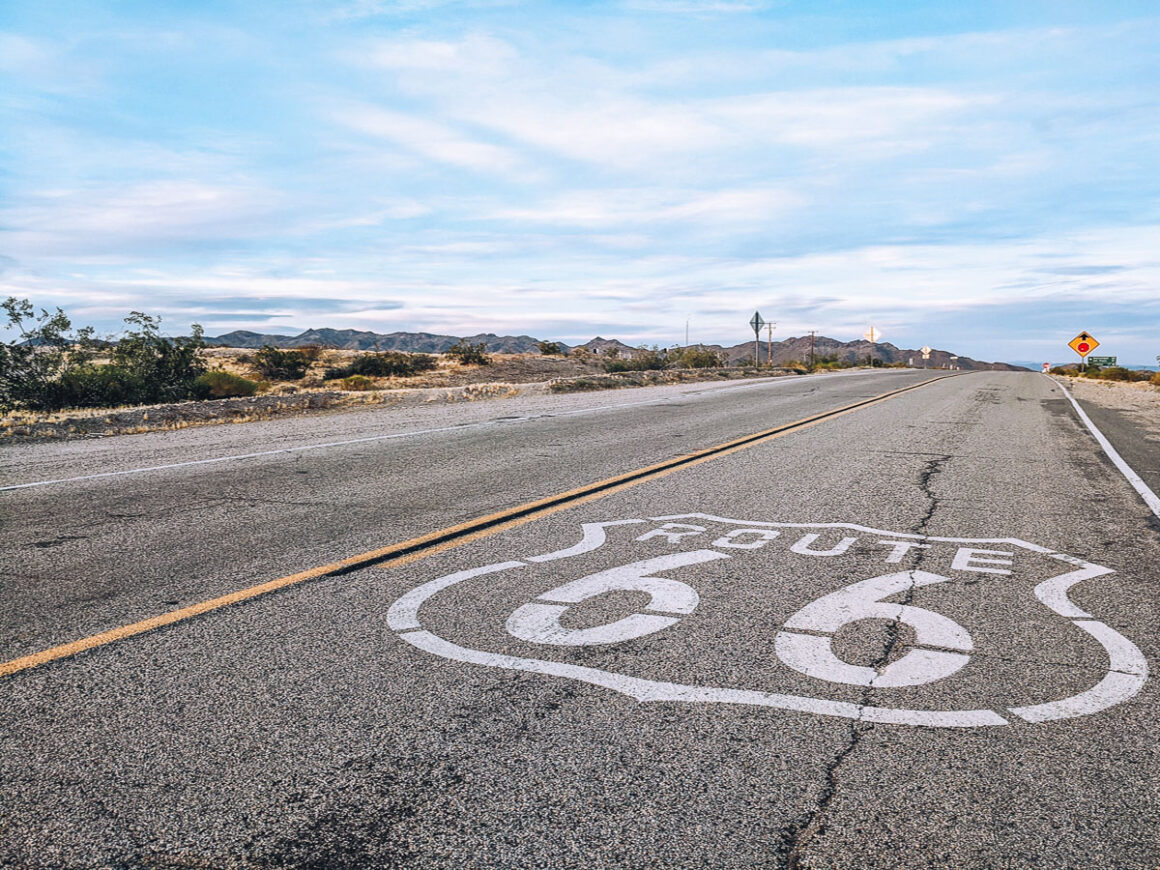
12. Wasting Time on Stops
Even though road trips are about finding fun, unexpected things along the way, some stops are purely necessary. Things like fuel, food stops and bathroom breaks are musts on a road trip.
Problem is, they can eat up a lot of your time. But, if you can minimize the amount of stops and combine those necessary things at the same time, you’ll be surprised how much time it saves overall. And saving time means more time for the fun stuff.
It might take a bit of preparation and cooperation from your fellow travelers but if you can somewhat plan your necessary stops, it makes for a much better, well-timed road trip. Especially when your schedule isn’t very flexible.
One more tip: stopping at less crowded exits and in rural areas can save time as well since there is likely to be less traffic or construction in those places.
13. Not Checking the Weather Forecast
One of the most important things you can do before you embark on a road trip is to check the weather where you’re going. It’s an easy mistake to make and I’m guilty.
But I learned my lesson when I spent most of the night in a flooded Walmart parking lot with strong winds, torrential rain and hail, wondering if I was going to float away or get struck by lightning in my car.
Had I at least checked the weather, I would have seen the huge thunderstorms passing through the area and I could have stopped before I got there and spent the night in a much safer situation. As it was, I was lucky to find that Walmart.
A weather app and weather alert or at least searching the current and upcoming weather where you’re going can help keep you safe and help avoid putting yourself into harm’s way.
Southerner Says: I haven’t found a weather app that I love. If you have a recommendation, I’d love to hear it.
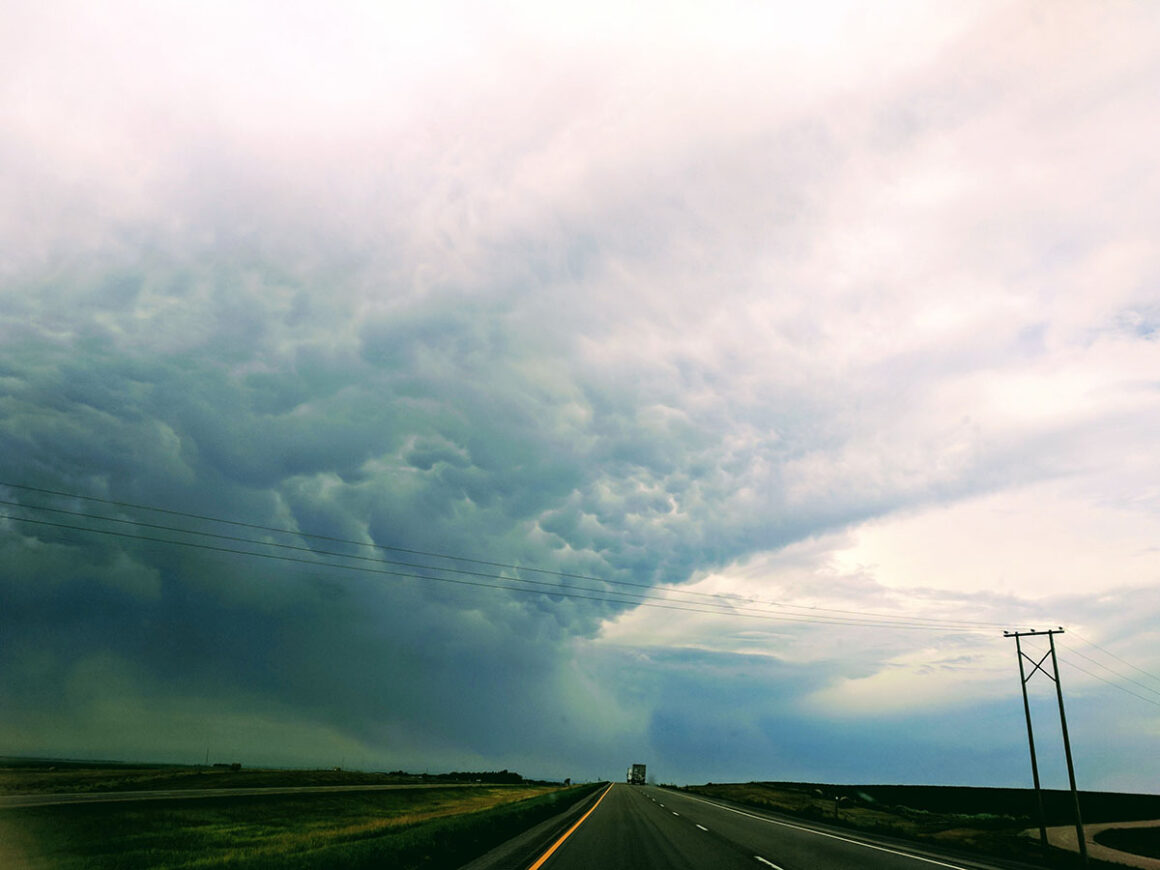
14. Forgetting to Pack an Emergency Kit
Park Rangers in Death Valley National Park – where is can get as hot as 130F and the weather can change on a dime – have a really good suggestion about driving in those conditions: be prepared for anything.
And while most of us won’t be driving in Death Valley extremes very much, that doesn’t mean we can’t be better prepared for whatever comes our way.
A few years ago, thousands of people were stranded in Atlanta after a winter storm moved through the area. Due to the cold temperatures ahead of the storm, the snow immediately froze on the interstates, turning them into ice skating rinks.
People were left overnight in their cars, unprepared without food or water. I think about that scenario when I road trip – or go anywhere really – because my brother-in-law was one of the thousands that got stuck. It also took me 3 hours to make a trip that should have taken 30 minutes. It could have easily been me stranded.
Ever since then, I keep items like water, snacks and blankets in my car. Having a few of these items available is better than nothing but for items you rely on or need daily, like important medications, then you definitely need an emergency kit.
It’s easy to put together and it doesn’t have to be super complicated. It just takes a bit of preparation. Add as much or as little as you like or purchase a pre-made emergency kit that comes with MREs and other first-aid type medical items.
15. Not Having Road Side Assistance
Roadside assistance is a must on a road trip because it provides peace of mind and ensures that you’re prepared for any unexpected mishaps on the road. Whether it’s a flat tire, a dead battery, or running out of gas, roadside assistance can help you get back on the road quickly and safely. And many offer towing,
Having that extra level of security makes you feel much more confident about taking a road trip. Some companies even offer additional benefits such as trip interruption coverage, which can provide reimbursement for unexpected expenses if your trip is cancelled or put on hold due to a breakdown.
Having that added support system means they can even help search and make recommendations for a local automotive technicians or towing services to get you back on the road quickly. AAA and Good Sam both offer excellent roadside assistance programs.
Mistakes on Road Trip Final Thoughts
I’ve said it before and I’ll say it again – road trips are the best way to see the United States and our national parks. Even though as you can see, it does take a bit of extra planning. However, don’t let these mistakes on a road trip dissuade you from taking the trip of a lifetime.
Taking a road trip is so worth it and with proper preparation you can be well-equipped and ready to handle anything that comes you way.
See you on the road!


